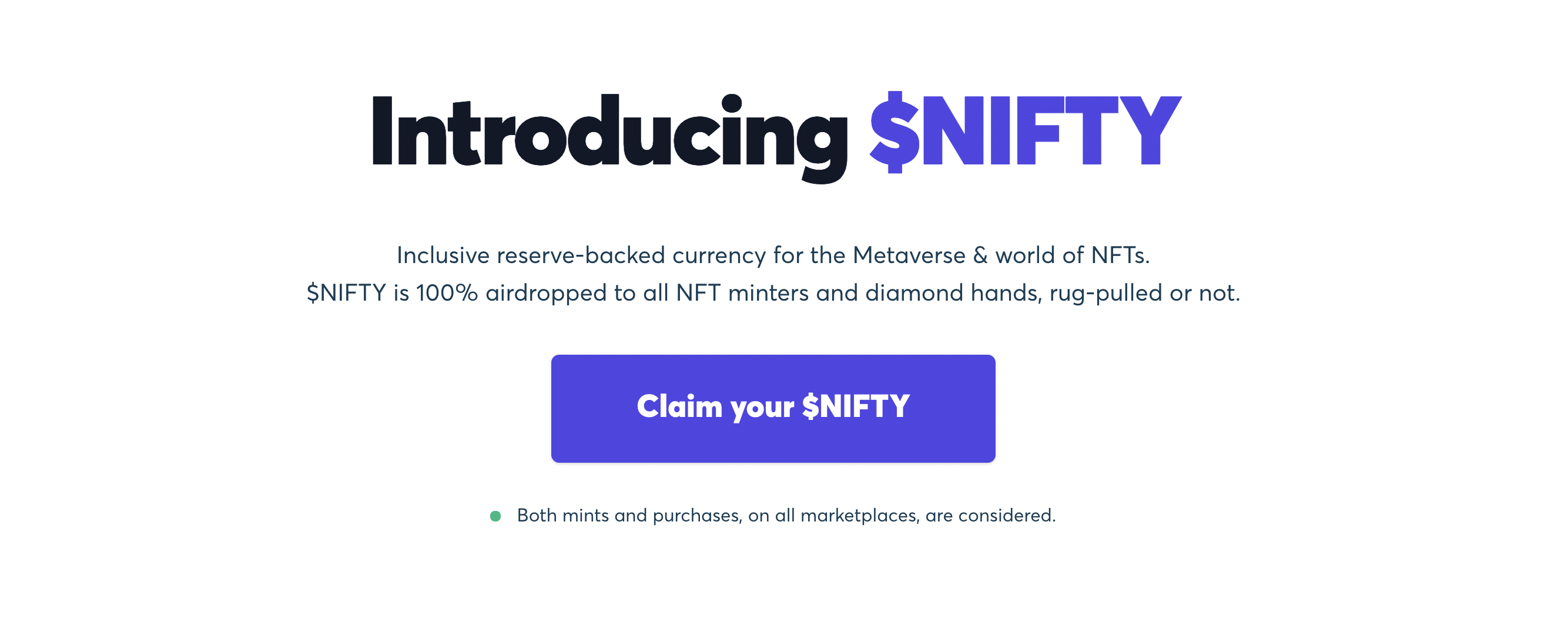You could spend countless hours searching online for the best money market rates, but that won't necessarily lead you to the top money market account.
If you've spent any time at all researching cash deposit options online, you've no doubt seen the advertising messages:
- "Find the best money market rates here!"
- "Highest money market rates available now!"
- "Click here for the top money market accounts!"
- "Comparison shop for money markets here!"
But despite the enthusiasm of these messages, finding the very best rate is only half the battle.
More than the interest rate
If you want to open a money market account, it's important to obtain a competitive interest rate. But there are other factors to consider, too, such as deposit insurance, minimum deposit requirements, the access you'll have to your cash, and account fees.
- Deposit insurance. Money market accounts are high-rate, cash deposit accounts available at banks and credit unions. U.S. banks are covered by FDIC deposit insurance, while U.S. credit unions participate in the NCUSIF deposit insurance program. Both have their limitations, and it's your responsibility to verify that your deposit will be insured.
- Minimum deposit requirements. Minimum opening deposits typically range from $1,000 to $5,000, with higher rate accounts generally having higher opening deposit requirements. Also, some accounts may charge you if your average daily account balance dips below a specified level.
- Access to cash. According to federal regulations, you're allowed no more than six withdrawals or transfers out of your money market each month. Within this six, you're allowed to write up to three checks. ATM transactions that are free of charge may also have a monthly limit, but these can vary by bank. Exceeding these caps will cost you transaction fees, so be prepared to stay current on your monthly transactions.
- Account fees. These include the monthly maintenance fees and per-transaction fees. As noted, the former take effect when your average daily balance dips below the required level. The latter can arise when you have too many transactions, when you bounce a check, or when you receive a special service from the bank.
Highest money market rates are fleeting
There are two reasons why your ultra high money market interest rate may not stay that way. First, the rates paid on these deposits are variable in nature, and the bank will change them as it sees fit. Second, some banks will offer you an impressive introductory rate, which adjusts down after three or six months. The best strategy is to find a bank that communicates its dedication to maintaining competitive money market rates; that way, if they do change, they're likely to remain attractive relative to what's available elsewhere.
Locating the best money market account might take more than a click on a flashing banner ad. If you do your homework, you should find the reliable, high-rate money market account you need.





